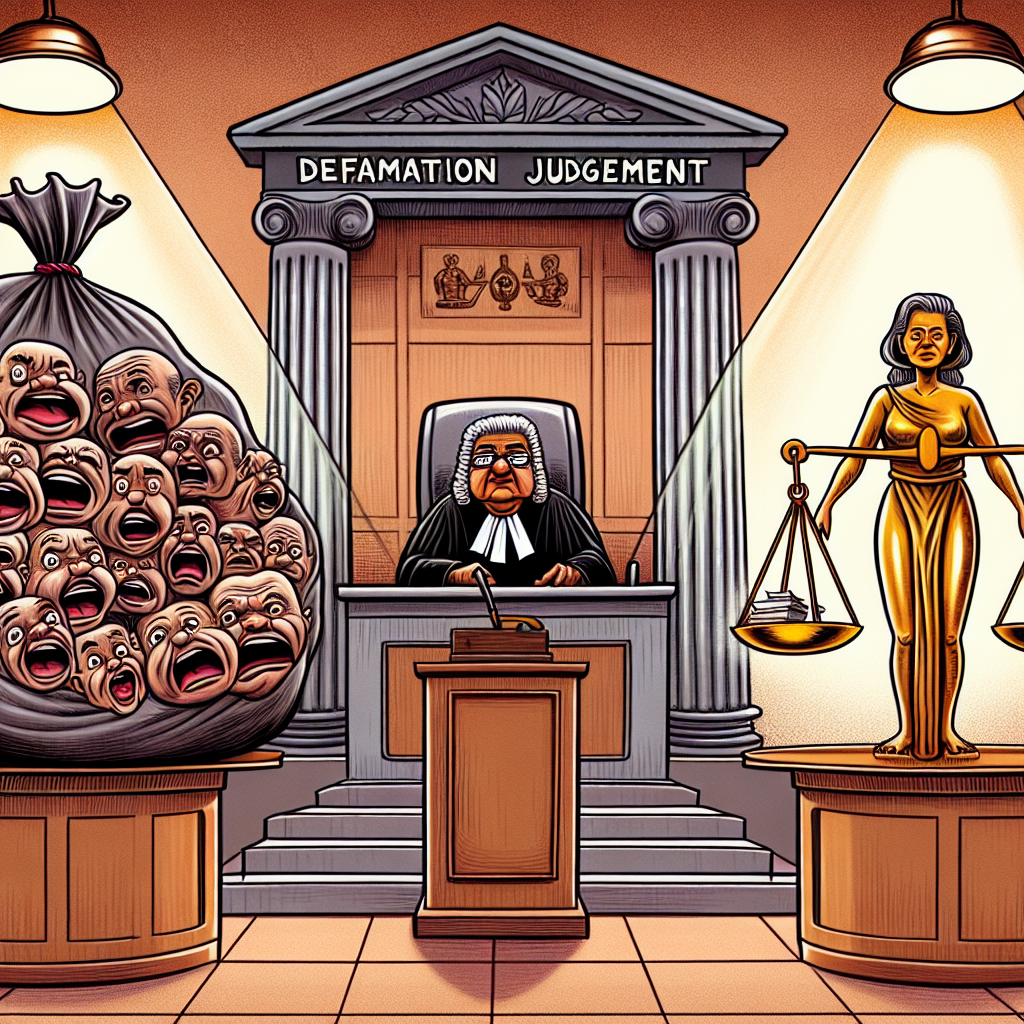Supreme Court to Rule on Legality of Downloading Child Pornography
The Supreme Court is set to deliver its decision on a plea challenging a Madras High Court ruling, which stated that merely downloading and watching child pornography is not an offense under the POCSO Act and IT Act. The ruling has significant implications on how child pornography cases are prosecuted.

- Country:
- India
The Supreme Court is scheduled to deliver its judgment on Monday, addressing a plea that challenges a Madras High Court ruling. The contentious ruling stated that merely downloading and watching child pornography is not an offense under the Protection of Children from Sexual Offences (POCSO) Act and Information Technology (IT) Act.
A bench comprising Chief Justice D Y Chandrachud, Justices J B Pardiwala, and Manoj Misra is likely to pronounce the verdict. Previously, the Supreme Court had agreed to consider the plea, calling the high court's decision 'atrocious.'
The Madras High Court quashed criminal proceedings against a 28-year-old accused of downloading child pornographic content. The court argued that such acts are not punishable under existing laws if the material is not published or transmitted, sparking significant debate.
(With inputs from agencies.)
ALSO READ
Justice Nariman Labels Ramjanmabhoomi Verdict a 'Travesty'
Justice Nariman Critiques Ramjanmabhoomi-Babri Masjid Verdict: A Call for Secularism
Madras High Court Upholds NIA Freeze on Medical Student's Fees
Historic Verdict: Kalyan Fort Mosque Ownership Dispute Settled
Supreme Court Blocks Military Verdicts in Civilian Trials










